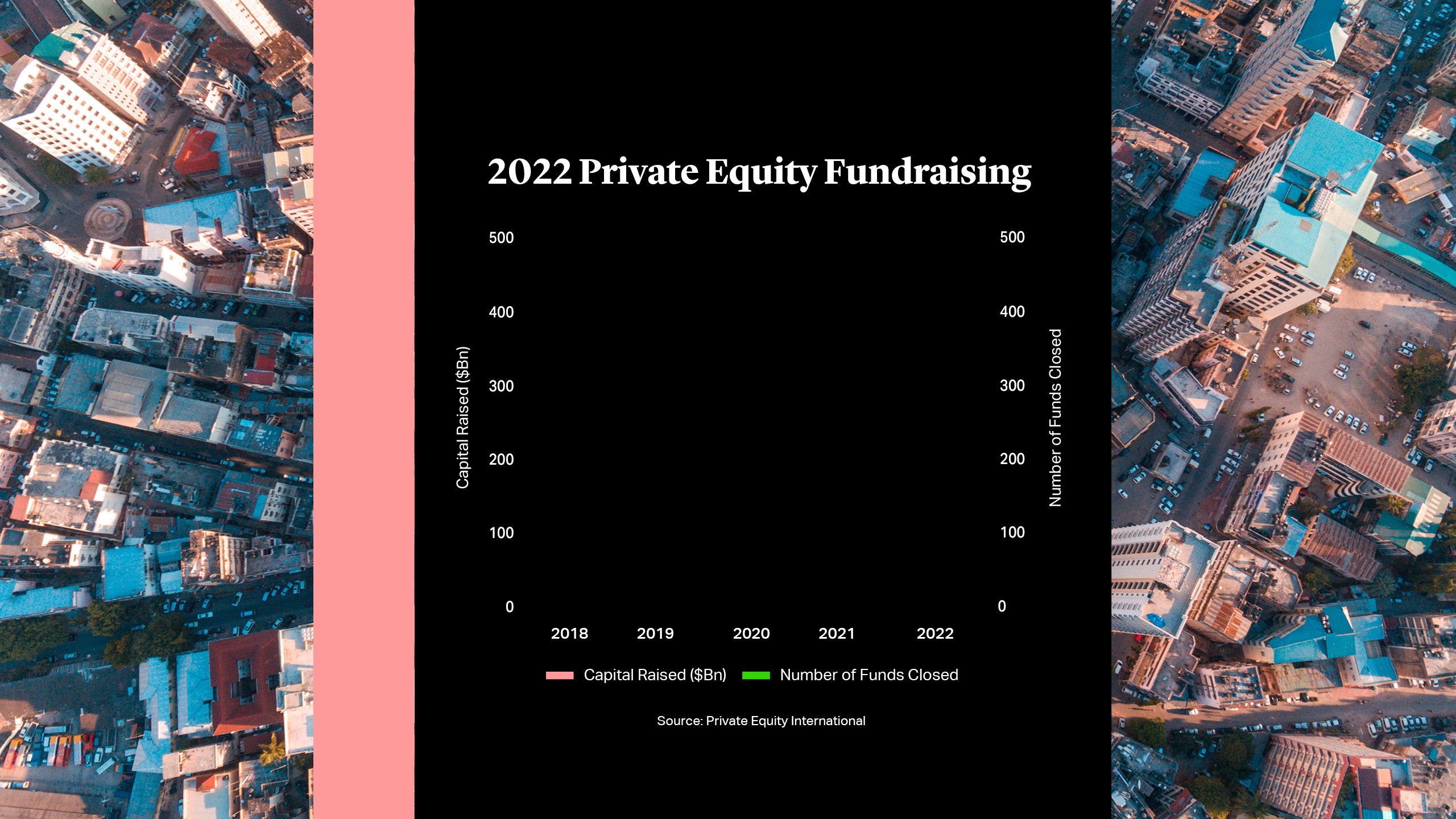Venture Capital Africa: Understanding Unique Challenges and Opportunities
“Amazon has created a layer for consumers, but the infrastructure behind it existed in the past. A large VC fund based in the US does not know all this stuff.” This statement highlights a crucial challenge faced by venture capitalists operating in Africa: the need to understand the unique infrastructural and market realities on the continent. Unlike developed markets where systems and consumer habits are well established, Africa presents a complex environment where foundational infrastructure is still evolving. Venture Capital Africa requires deep local insight to navigate these dynamics effectively.
Venture Capital Africa: The Importance of Longer Timeframes
Traditional venture capital models, often based on a three-to-five-year return horizon common in the US and Europe, may not be suitable for African markets. Mouganie emphasizes that in Africa, where building profitable and scalable businesses involves overcoming additional logistical, regulatory, and infrastructural barriers, a six-to-ten-year investment timeframe is more realistic and productive. This longer horizon accommodates the increased complexity and allows startups the time they need to establish market presence and sustainable growth.
Moreover, adapting timeframes signals a commitment to nurturing startups through various growth phases, from early product-market fit to scaling operations. This patient capital approach will help attract more investors willing to support the long-term potential of Venture Capital Africa.
Venture Capital Africa: Embracing Local Partnerships
Collaboration with local investors, firms, and entrepreneurs is key to unlocking the full potential of Venture Capital Africa. Local partners bring invaluable knowledge about regulatory environments, cultural nuances, consumer behaviors, and informal market practices that foreign investors often overlook. Partnering more with local firms enables venture capitalists to design strategies that are better tailored to African realities.
Dylan Malloy from Bridging Ventures underlines this by explaining their work to build new fund models that integrate local stakeholders and public commitments. This inclusive approach fosters trust, reduces investment risks, and increases the likelihood of startup success.
For more insights on the value of local partnerships in emerging markets, visit Mauritius Biz Monitor, which features extensive coverage on investment strategies that emphasize collaboration and local knowledge.
Venture Capital Africa: A Need for Healthier Risk Perspectives
The risk appetite for venture capital in Africa must differ from the aggressive “disrupt first, ask questions later” mentality often seen in Silicon Valley. Mouganie stresses the importance of a cautious and sustainable approach given the fragility of African economies and banking sectors. Startups in Africa cannot afford to fail at the same rate as those in more resilient ecosystems.
Cultivating a healthier risk perspective means prioritizing steady, incremental growth and building trust with new banking customers and consumers. Investors should focus on sustainable models that balance innovation with market realities, ensuring that ventures contribute positively to the continent’s long-term development.
Venture Capital Africa: Scaling Up Local VC Funds
Post-pandemic funding reductions have put pressure on global venture capital availability. However, local VC funds with deep contextual understanding have stepped up to fill the gap. These funds are more attuned to local challenges and are providing startups with critical financial and operational support.
This shift is encouraging global investors to reconsider their strategies and increasingly value local expertise and networks. Strengthening local funds will be vital for scaling up innovation and entrepreneurship across Africa’s diverse economies.

Venture Capital Africa: Navigating Regulatory Complexity
One of the most significant challenges facing Venture Capital Africa is navigating the complex and often fragmented regulatory environments across different countries. Inconsistent policies, lengthy approval processes, and unclear investment protections can discourage foreign and local investors alike. Understanding these legal frameworks is crucial for structuring deals that comply with local laws while safeguarding investor interests.
To address this, venture capitalists increasingly rely on local legal experts and consultants who have a nuanced understanding of each market’s regulatory landscape. Harmonizing regulations across regional blocs such as the African Continental Free Trade Area (AfCFTA) may eventually ease these burdens, but until then, patience and local expertise remain key to successful investments.
Venture Capital Africa: Leveraging Technology for Growth
Technology adoption is at the heart of many successful startups in Africa, driving innovation in sectors like fintech, healthtech, agritech, and e-commerce. Venture Capital Africa funds that prioritize technological innovation are tapping into enormous growth potential by solving local challenges with scalable solutions. For example, mobile money platforms have revolutionized financial inclusion in many countries.
Investors supporting tech startups contribute not only capital but also strategic guidance on product development, regulatory compliance, and market expansion. This dual support accelerates growth and helps build companies capable of competing globally while serving local needs.
Fostering Gender Diversity in Startups
Gender diversity remains a critical yet often overlooked factor in Venture Capital Africa. Women entrepreneurs face disproportionate barriers to accessing funding, networks, and mentorship, limiting the continent’s full entrepreneurial potential. Increasingly, funds and programs are designed specifically to support women-led startups, recognizing the unique perspectives and innovations they bring.
Promoting gender-inclusive investment strategies not only advances social equity but also correlates with stronger business performance and innovation. By fostering diverse leadership, Venture Capital Africa can unlock untapped talent pools and drive more inclusive economic development across the continent.
The Future of Investment on the Continent
The future of Venture Capital Africa hinges on adapting investment models to local contexts through longer timeframes, local partnerships, and balanced risk-taking. These changes will unlock Africa’s vast entrepreneurial potential and foster sustainable economic growth. Investors who embrace these principles are well-positioned to succeed in one of the world’s fastest-growing markets.
By fostering collaboration between international and local investors and committing to patient, informed investment strategies, Venture Capital Africa can catalyze transformative change across the continent’s startup ecosystems.
Further Reading and Resources
- Mauritius Biz Monitor – for comprehensive articles on investment and entrepreneurship in Africa.
- Africa Business Communities – news and insights on venture capital and innovation in Africa.
- African Private Equity and Venture Capital Association (AVCA) – data and reports on African venture capital trends.




